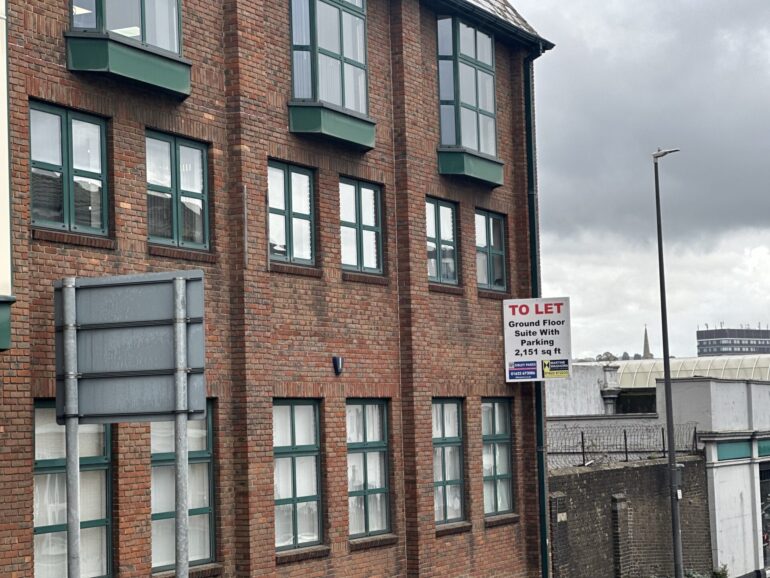It will take until at least 2040 for all rented commercial properties to meet the 2030 MEES standards – an Energy Performance Certificate (EPC) rating B or higher – research by Search Acumen has revealed.
When the same research was undertaken last year, the industry was set to meet the target by 2038.
However, it now appears it will take the industry an extra two years, indicating the pace of built environment decarbonisation has slowed and the target could be missed by an entire decade.
Over 13,000 commercial rental properties recorded as being available for rent in England and Wales still had EPC ratings of F or G, failing to meet the Minimum Energy Efficiency Standards (MEES) that came into effect in April 2023.
In addition, 2024 saw a 20% year on year fall in upgrades to the higher rated A* to B bands
Offices remained the most affected property type, with nearly 5761 buildings still rated F or G, nearly 5% of total stock
The hospitality sector had the highest proportion of buildings rated A, A*, or B (31%), but retail now boasts the lowest percentage rated F or G (0.54%).
Despite the implementation of the Minimum Energy Efficiency Standards (MEES) in April 2023, which prohibit the leasing of properties with an EPC rating below E, over 13,000 rental properties still hold ratings of F or G.
Research by Search Acumen revealed that the commercial property sector is still struggling to meet the required energy efficiency standards.
At the current pace, it is projected that it will take just over fifteen years, or until 2040, for all rented commercial properties to meet the 2030 MEES standards, missing the deadline by an entire decade.
The current outlook for 2025 is uncertain, since last year upgrades to the higher rated A* to B EPC bands were down by 20% when compared to 2023.
By contrast, non-compliant registrations went down by just under 7%, and there where still 425 properties registering for the lower EPC ratings, mainly in the office sector.
Search Acumen’s research showed that the rate of improvement has slowed in the past year.
In May 2024, the commercial real estate market was due to miss the target by eight years, but the latest analysis adds an additional two years to the already sluggish pace of change.
Andrew Lloyd, managing director at Search Acumen, said: “Real estate owners and investors have faced a barrage of economic and financial challenges over recent years and inevitably this will have had some impact on the appetite for investment in costly retrofits.
“Similarly, since the pandemic, how we live, work and shop has changed impacting the investment in asset management initiatives.
“This is most notable in the office sector, where appetite for investment in energy efficiency upgrades has been made more complex by declining occupier demand for larger floorplates.
“Despite these dynamics, the mission to decarbonise needs to remain a constant, both to lower the environmental impact of the built environment, but also to ensure commercial sustainability for real estate portfolios. 2030 really isn’t that far away.”




